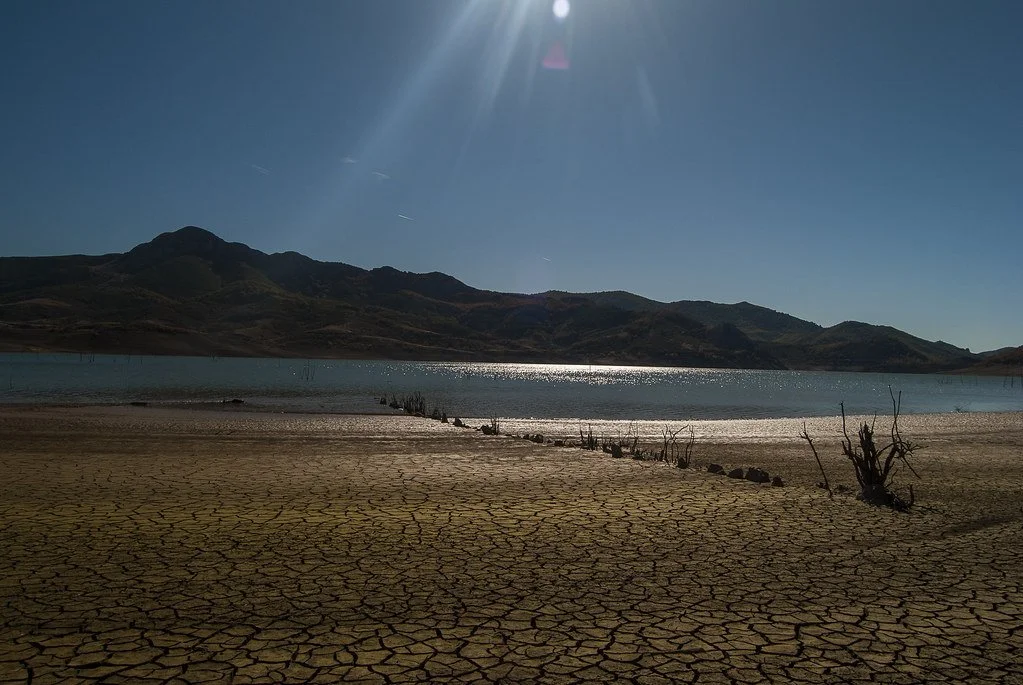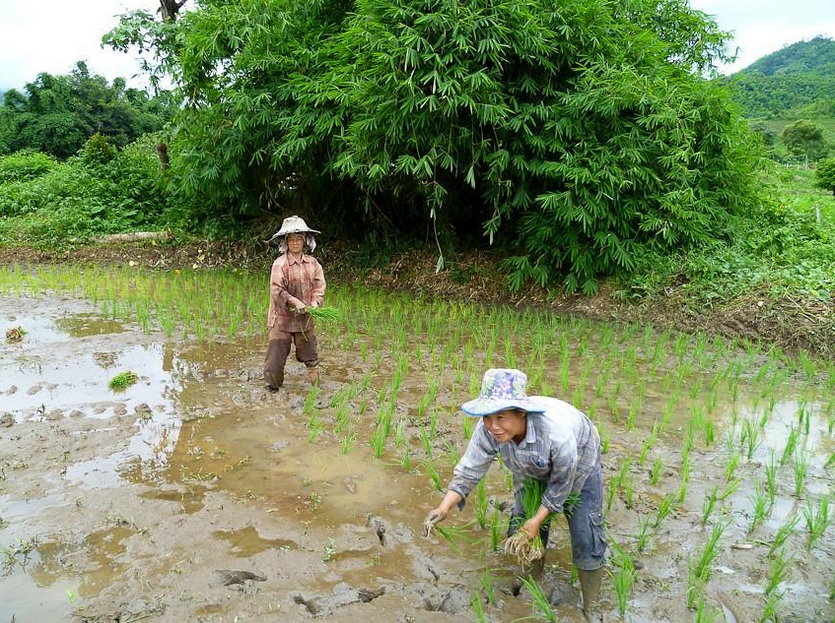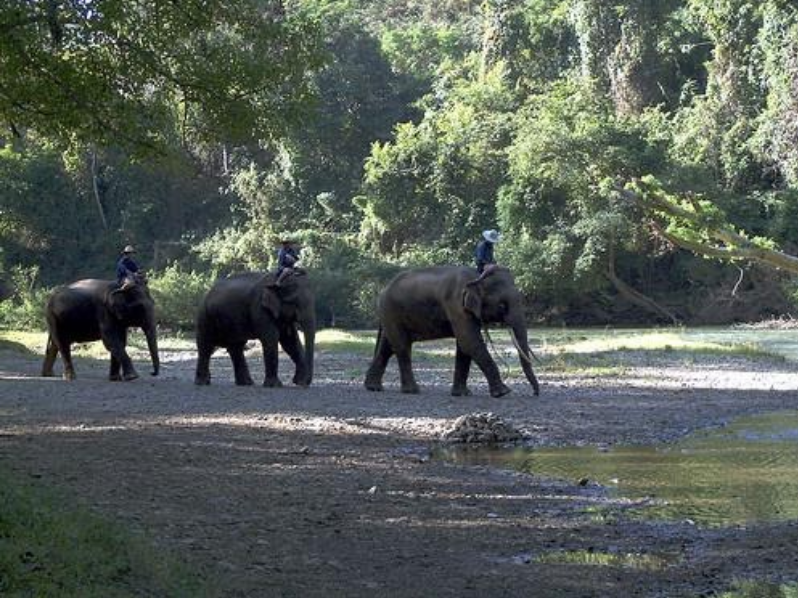In Spain, where drought and agricultural contaminants are affecting drinking water, the precious resource has become a rarity.
The drought’s effects on water in Spain. Oscar F. Hevia. CC BY-NC-ND 2.0.
After one of the driest winters of the past 20 years, Spain is experiencing record-low levels of water, which has severely impacted the country’s people. Spain collects the majority of its water through reservoirs and basins, which capture groundwater and rain. At this time of year, these reservoirs are typically at 70 percent. However, due to the drought Spain is currently experiencing, such reservoirs and basins are only at about 40 percent capacity—a palpable cause for concern for all Spanish citizens.
Due to the severe lack of water, Spain has placed regulations on what the limited supply should be used for. Pools remain unfilled as the weather gets hotter, city fountains are shut off, and villagers in towns closer to the interior of the country find it hard to get a sustainable supply of drinkable water. Villagers from interior areas of Spain, like Lastras de Cuéllar, depend heavily on bottled water sold in their town square. But the purchasing of bottled water is not a sustainable solution to the current water crisis. Older members of the community struggle to carry enough back home, and although many places discount their prices, bottled water is not cost effective. As summer approaches, the people of Spain worry about how long their reserves will last them and hope for heavier rainfall in the spring months to come.
The drought is being credited to climate change, and the ever-rising temperatures felt across the globe are now creating drastic impacts on the ways people will have to start managing their resources. Calls for water-management reform have begun from many scientists in Spain, the main argument being that due to rising temperatures, old ways of managing and transporting drinking water may need to change. Interior towns of the country that heavily depend on rain water to sustain them may have to rethink their system all together.
Park fountain without water. Ell Brown. CC BY-NC-SA 2.0.
On top of the drought, agricultural contaminants have threatened what little water resources Spain has left. Spain is a global leader in pork production, a process that actively affects groundwater resources commonly collected in the basins used to hold drinking water. Pig manure is loaded with toxins that make drinking this groundwater very dangerous. Wired Magazine explains that “pig feed is high in a chemical called phytate, which swine excrete as phosphorus.” When farmers use pig manure to fertilize their land, “phosphorus can become concentrated in the soil and leach to groundwater.” This concentrated phosphorus in groundwater can make humans extremely sick, another reason why clean water has become so rare in Spain.
Besides phosphorus, pig manure also secretes nitrates, something also commonly found in fertilizers used in the agricultural production of crops. Therefore, on top of the dangerous toxins found in pig manure, the nitrates in fertilizer are also seeping into groundwater and impacting the purity of Spain’s limited drinking water. The Local, an online magazine dedicated to covering news in European countries, states that “22 percent of Spain’s overall surface area…is exposed to nitrate pollution,” a startling statistic, considering Spain’s clean water crisis.
The implications of the drought—combined with the continuation of agricultural contaminants that are consistently finding their way into Spain’s drinking water—are extremely severe. If Spain doesn’t experience a spring with heavy rainfall, this issue may turn into a crisis. Spain has been for many years a water-insecure region, but as the effects of climate change excellerate and agricultural production continues to pollute the land, the issue only becomes more dire. For now, Spaniards can only hope for rain to counter the drought, and for water-management reform to make their drinking water safer. With those hopes in mind, they wait to see what the impending summer heat will mean for their depleted clean water supply.
To Get Involved:
The Organization for Economic Co-operation and Development (OECD) is an organization designed to assist economic and trade progress on a global scale. Learn about the OECD’s assessment of how water resources in Spain are allocated and how the OECD recommends to improve such allocations as conditions in Spain change here.
Circle of Blue is a non-profit organization dedicated to discussing critical research and the challenges involved with global water insecurity. Uniting journalism and data literacy, Circle of Blue serves to educate readers on global issues linked to water and provide research on ways others can get involved to fight global water insecurity. Learn more on how to eliminate global water insecurity here.
Ava Mamary
Ava is an undergraduate student at the University of Illinois, double majoring in English and Communications. At school, she Web Writes about music for a student-run radio station. She is also an avid backpacker, which is where her passion for travel and the outdoors comes from. She is very passionate about social justice issues, specifically those involving women’s rights, and is excited to write content about social action across the globe.






